HP Lab University 2007: HP demos Pluribus projection brainchild
HP has demonstrated its take on clustered projection, dubbed Pluribus, which it believes will deliver cinema-grade projection without the usual high costs.


HP used this week's HP Lab University in Lisbon to showcase some of the fruits of its research, with an innovative projection framework taking its turn in the spotlight this morning.
The project, code-named Pluribus, combines multiple low-cost projectors to give large businesses, home entertainment enthusiasts and anyone in between high quality output without the massive costs of one large machine.
"Pluribus is about combining multiple projectors to make one big projector. It's part of the transformation from static content to dynamic content," said Niranjan Damera-Venkata, one of the brain's behind the technology.
"We have a vision of the future where displays are omnipresent. The problem with realising visions like that is cinema-grade projectors are very expensive which prevents us from having an IMAX-quality image not just at home but everywhere else too. So how do we scale? One approach is to use multiple low-cost projectors and combine them."
Damera-Venkata added: "Clustered computing replaced supercomputing. People took standard components and hooked them together. By themselves [those components] were not very capable but when hooked together they do the job. RAID also works on the same principle. That's the analogy we'd like to use for this."
Pluribus works by using a camera, automatic calibration and complex mathematical algorithms so that the projectors can work as one regardless of their individual configurations, makes or models.
Images can then be displayed in a tiled format by joining the multiple projection displays together as one or in a superimposed format with images laid on top of one another, or as a combination of the two. Resolution and brightness quality remain high and if one projector fails it doesn't adversely affect viewing. Likewise, people can walk in front of the projectors without creating an annoyingly-large shadow on the display.
Sign up today and you will receive a free copy of our Future Focus 2025 report - the leading guidance on AI, cybersecurity and other IT challenges as per 700+ senior executives
Damera-Venkata and fellow Pluribus researcher Nelson Chang demonstrated the merits of the technology, which is controlled by a PC, by combining six projectors together to display images and offer delegates a chance to experience what interactive gaming is like using this format.
They optimised the set-up prior to delegates arriving, but they assured attendees that it took just 10 minutes to do as opposed to the six hours it would have taken to do the same job manually.
HP isn't suggesting that it has invented the concept of clustering projectors together, but its approach to how to do so successfully is where the innovation lies.
"Of course people have tried this," admitted Damera-Venkata, as he detailed how HP has tried to overcome the pitfalls encountered by others such as display differences between projectors impacting on the visual seamlessness and lack of robustness and efficiency.
Maggie has been a journalist since 1999, starting her career as an editorial assistant on then-weekly magazine Computing, before working her way up to senior reporter level. In 2006, just weeks before ITPro was launched, Maggie joined Dennis Publishing as a reporter. Having worked her way up to editor of ITPro, she was appointed group editor of CloudPro and ITPro in April 2012. She became the editorial director and took responsibility for ChannelPro, in 2016.
Her areas of particular interest, aside from cloud, include management and C-level issues, the business value of technology, green and environmental issues and careers to name but a few.
-
 The modern workplace: Standardizing collaboration for the enterprise IT leader
The modern workplace: Standardizing collaboration for the enterprise IT leaderHow Barco ClickShare Hub is redefining the meeting room
-
 Interim CISA chief uploaded sensitive documents to a public version of ChatGPT
Interim CISA chief uploaded sensitive documents to a public version of ChatGPTNews The incident at CISA raises yet more concerns about the rise of ‘shadow AI’ and data protection risks
-
 HP announces updated Sprout Pro
HP announces updated Sprout ProFirst look New apps give 3D scanner and projector-equipped PC a reason to exist
-
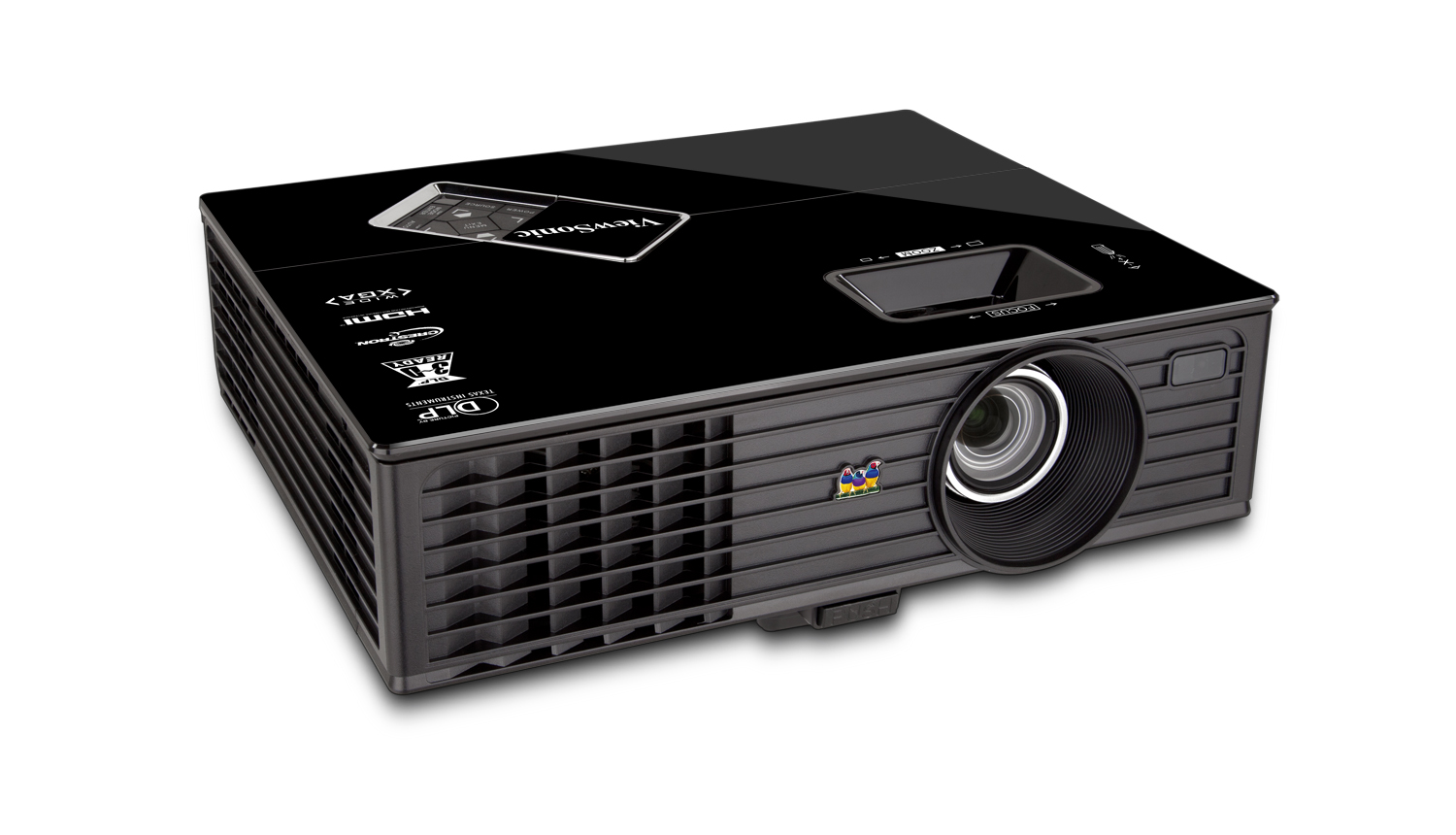 ViewSonic PJD6553w review
ViewSonic PJD6553w reviewReviews With its 3,500-lumen brightness, a widescreen resolution, network management facilities and 3D support, ViewSonic has packed some impressive specs into this low-cost, versatile projector. Ben Pitt investigates whether more really is better.
-
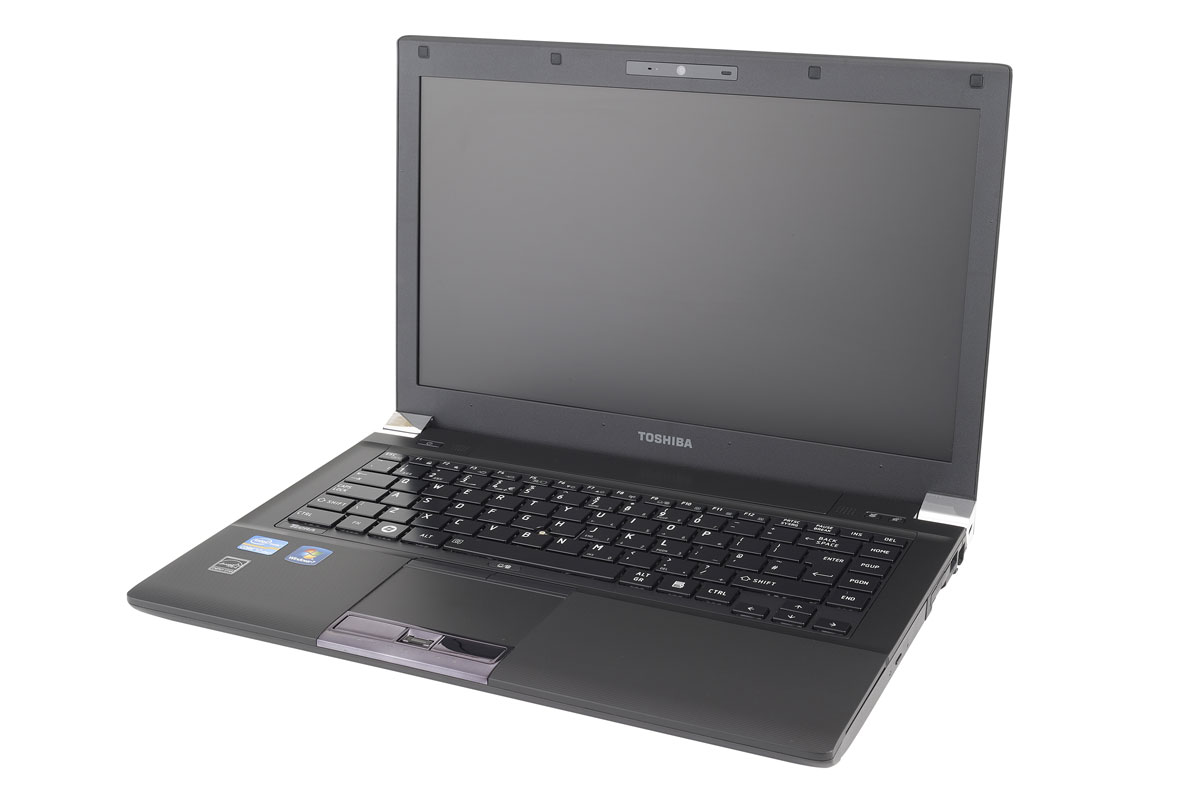 Toshiba Tecra R840 review
Toshiba Tecra R840 reviewReviews Toshiba has launched something of an oddity into the laptop market with its new Tecra R840-12F – a thin and light laptop with a larger-than-usual 14in screen. But will that be enough to make it stand out from the competition? Tom Morgan finds out.
-
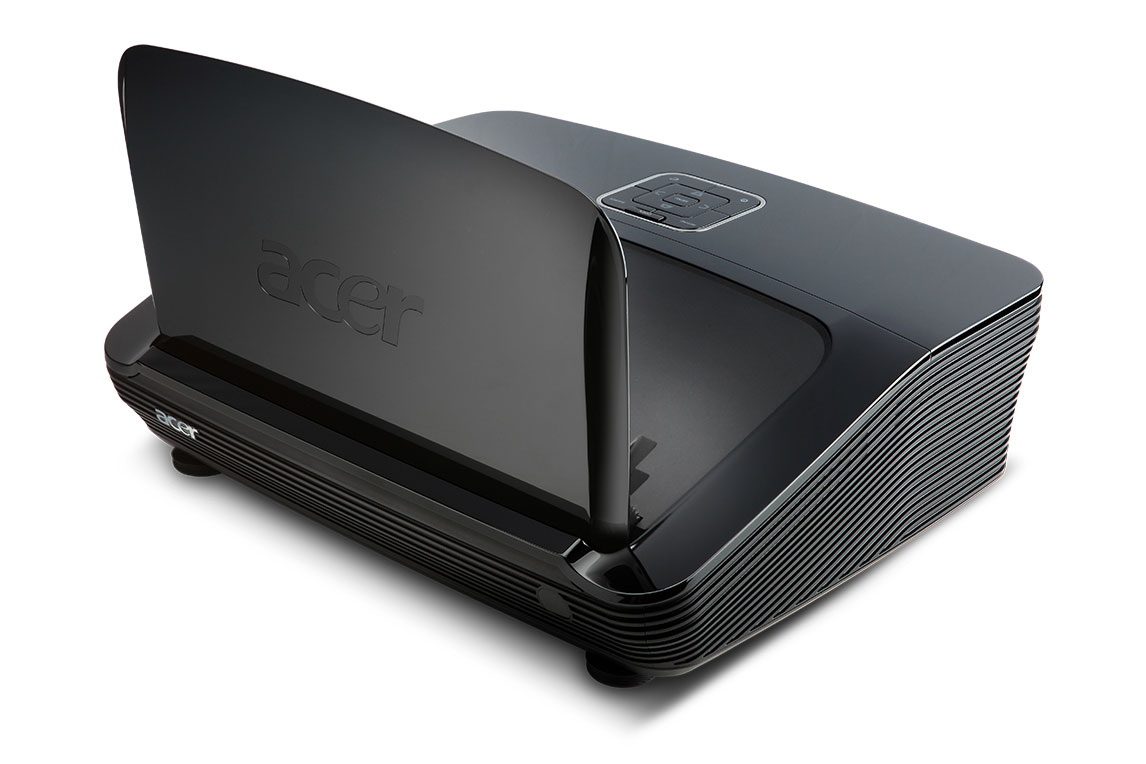 Acer U5200 review
Acer U5200 reviewReviews Acer's new projector has more features than you can shake a laser pointer at, from 3D to network management, but are these actually of any use to businesses? Jim Martin polishes his glasses for a closer look.
-
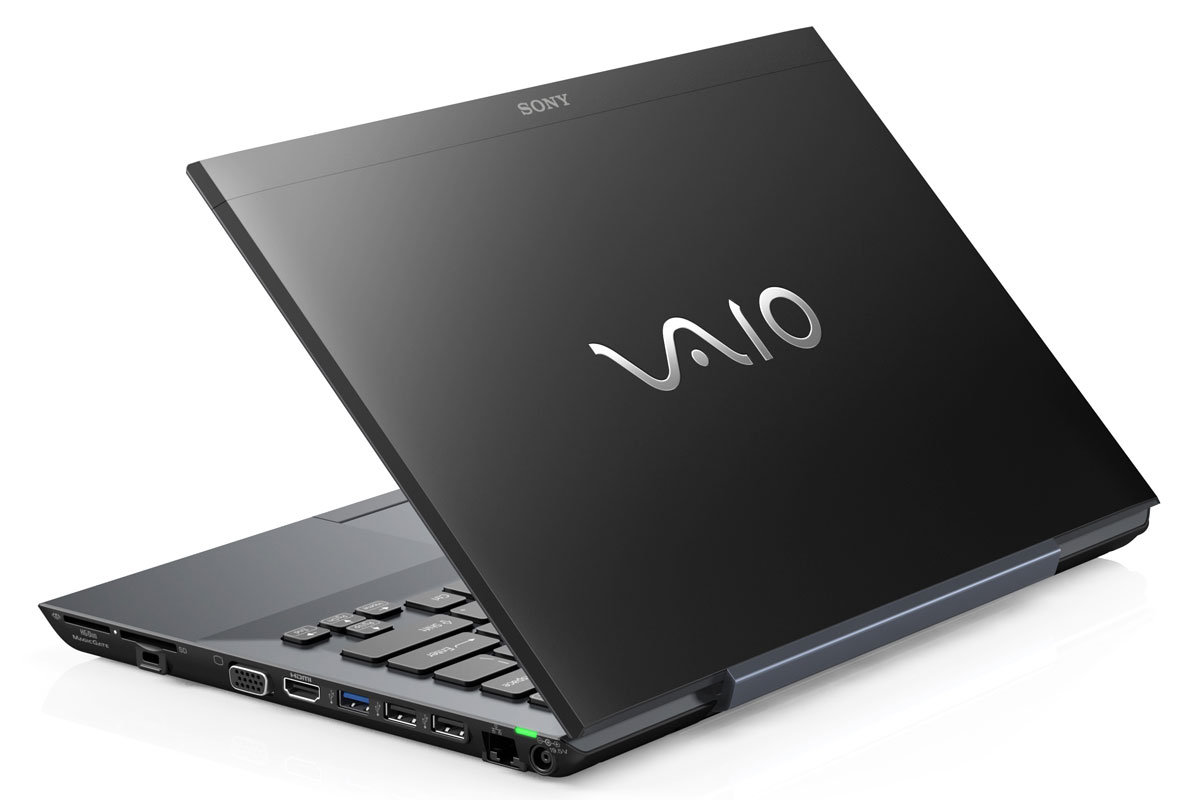 Sony Vaio SB1V9E review
Sony Vaio SB1V9E reviewReviews Sony's slender new Sandy Bridge ultraportable laptop is finally available, packing a powerful processor in a slender design. But can you really have your cake and eat it too? Alan Lu finds out.
-
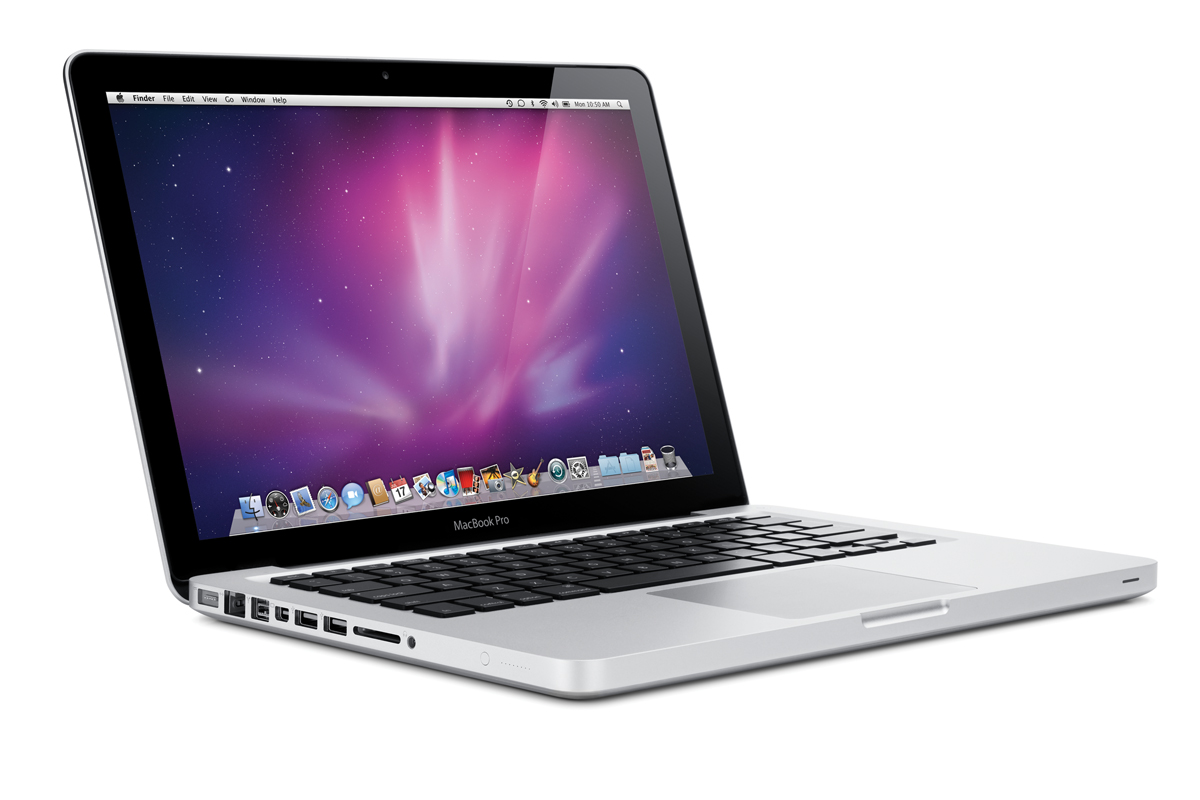 Intel to launch Light Peak on iPad 2?
Intel to launch Light Peak on iPad 2?News Apple may play with its rivals with a whizzy new USB killer from Intel.
-
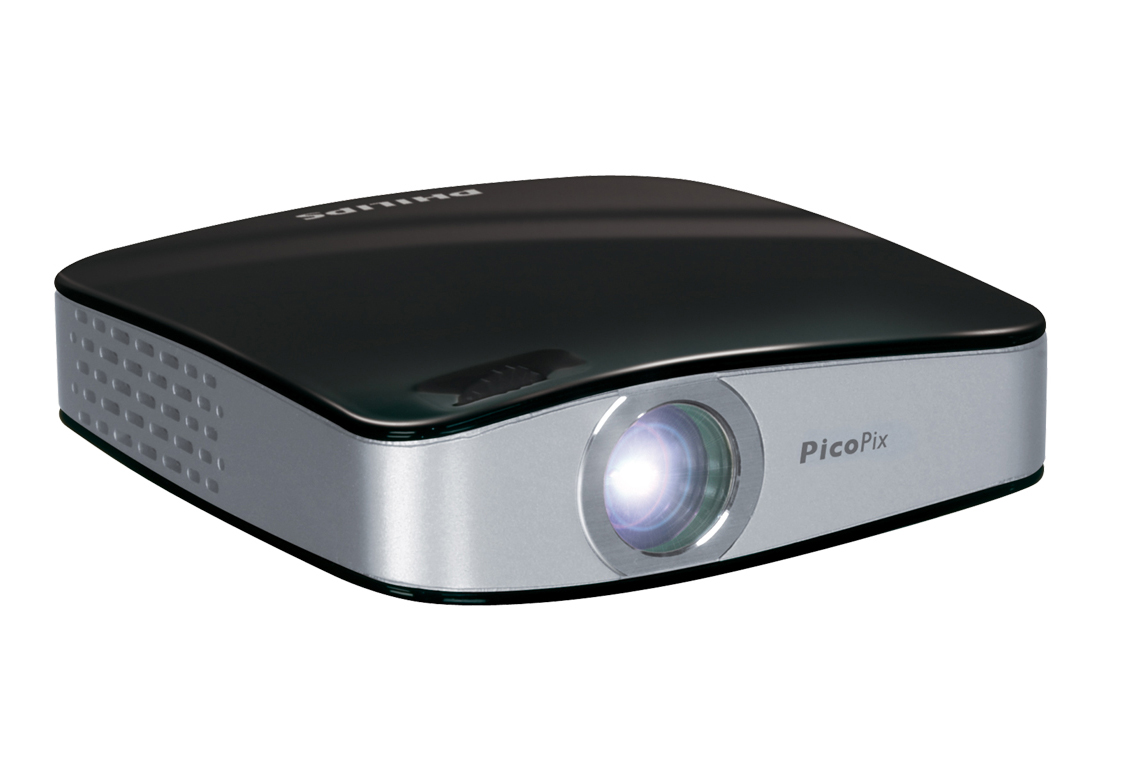 Philips PicoPix PPX1020 review
Philips PicoPix PPX1020 reviewReviews A handheld projector for just £162 - a bargain or a false economy? Jim Martin takes a closer look in our review.
-
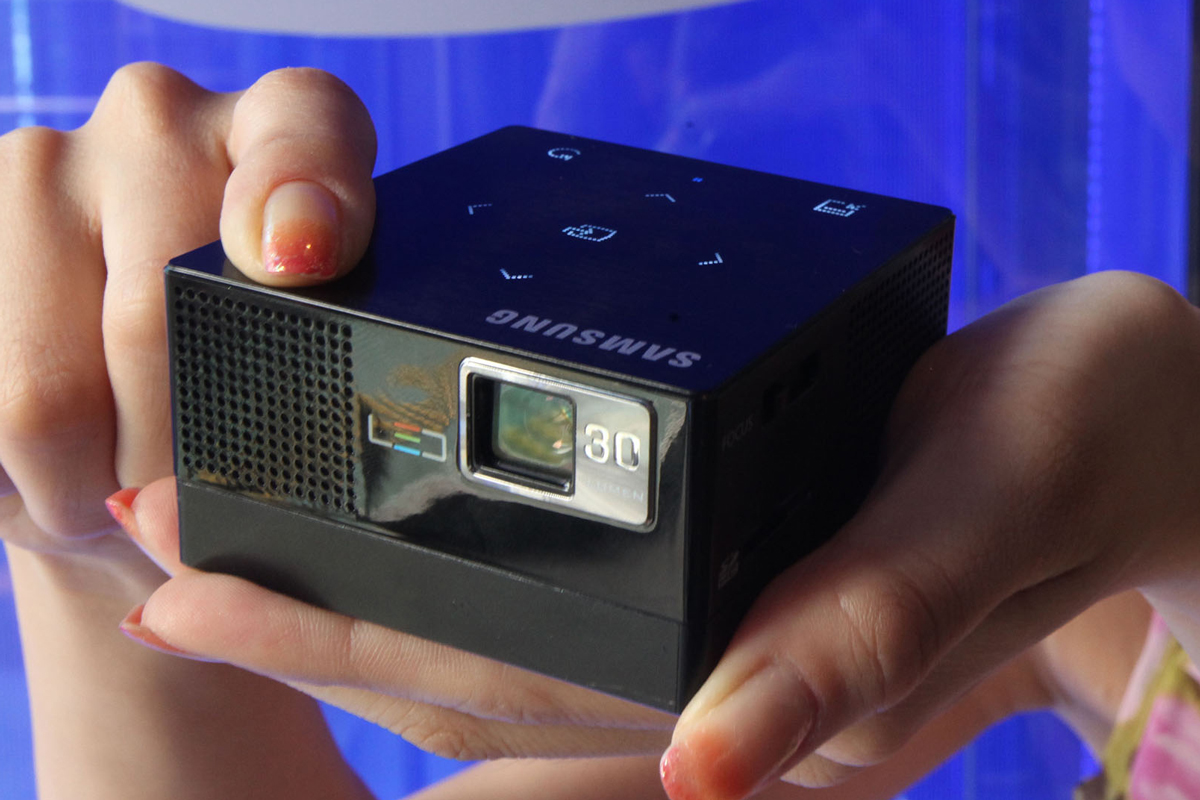 Samsung SP-H03 review
Samsung SP-H03 reviewReviews Finally, a pocket-sized projector worth buying.
